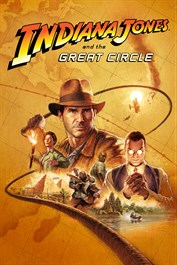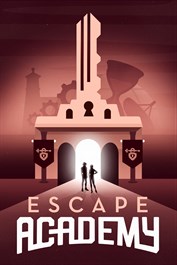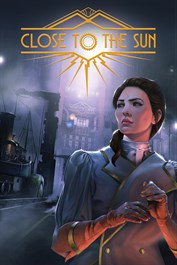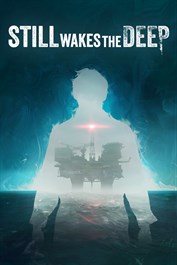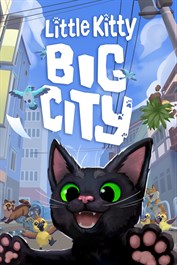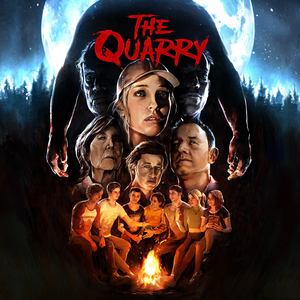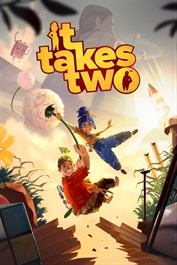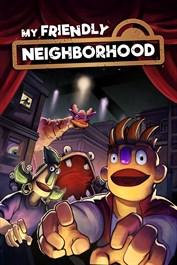 If you ever found the puppets on Sesame Street a little creepy[1], have I got a horror game for you! My Friendly Neighborhood tells the story of a kid TV show from an alternate, slightly darker turn of the millennium America. Somehow, their unnamed Vietnam went even worse than ours did, and kids / parents just kind of stopped watching children’s programming, or maybe I’m wrong about that cause and the true cause is public television was never invented, so ratings were the sole driver of a show’s survival. Either way, after a pretty successful 15 or so year run, the show was canceled in the early ’80s, and now, ten or twelve years later, it’s suddenly broadcasting again, overwhelming the signal of intended shows.
If you ever found the puppets on Sesame Street a little creepy[1], have I got a horror game for you! My Friendly Neighborhood tells the story of a kid TV show from an alternate, slightly darker turn of the millennium America. Somehow, their unnamed Vietnam went even worse than ours did, and kids / parents just kind of stopped watching children’s programming, or maybe I’m wrong about that cause and the true cause is public television was never invented, so ratings were the sole driver of a show’s survival. Either way, after a pretty successful 15 or so year run, the show was canceled in the early ’80s, and now, ten or twelve years later, it’s suddenly broadcasting again, overwhelming the signal of intended shows.
So you, a broadcasting engineer named Gordon[2] are sent to the old abandoned studios to shut down the signal and restore everything to normal. Only, when you get there, everything is weird and creepy and oh, right, dangerous, because I left out something important. Apparently another facet of this alternate America is that the puppets are and always were alive. And sometime between the show’s cancellation and now, they’ve gone kind of crazy. And not the normal kind of crazy where they’re just trying to kill you for interfering with their nefarious plans, although, okay, yes also that, but the creepy kind of crazy where you start to listen to what they’re saying and it sounds like what the puppets in H.P. Lovecraft’s Sesame Street would say, and also they’re not so much trying to kill you as they are incidentally killing you while enthusiastically hugging you.
Needless to say, this is all pretty great, and were I of an age where I had countless hours to fill and not enough entertainment to fill them with, I would happily play this again with cheats enabled and on a higher difficulty level, just to see what all else I could unlock that I didn’t find the first time around.
Fantastic atmosphere, occasionally legitimately scary, yet with a surprising amount of heart. Easily recommendable.
[1] I never did, and the game still works
[2] ie the main adult character on Sesame Street for a good long time, and boy howdy am I certain that was on purpose


